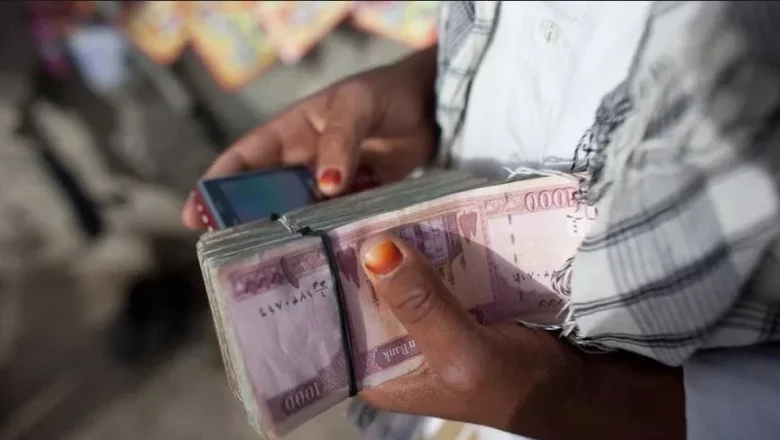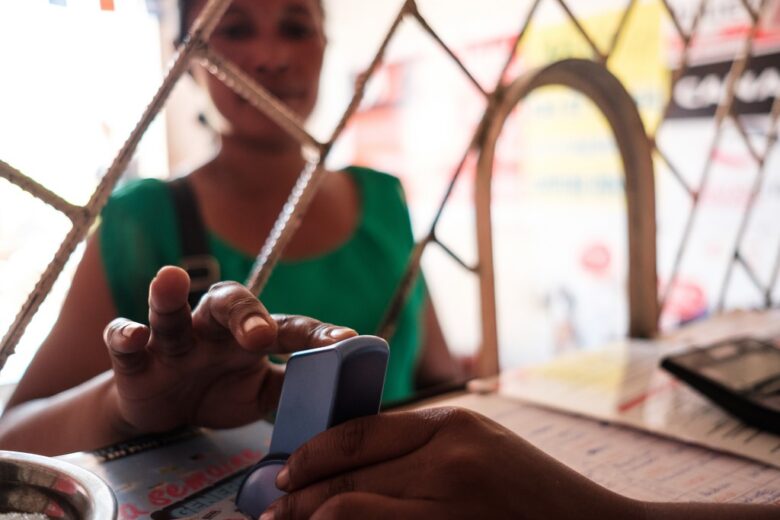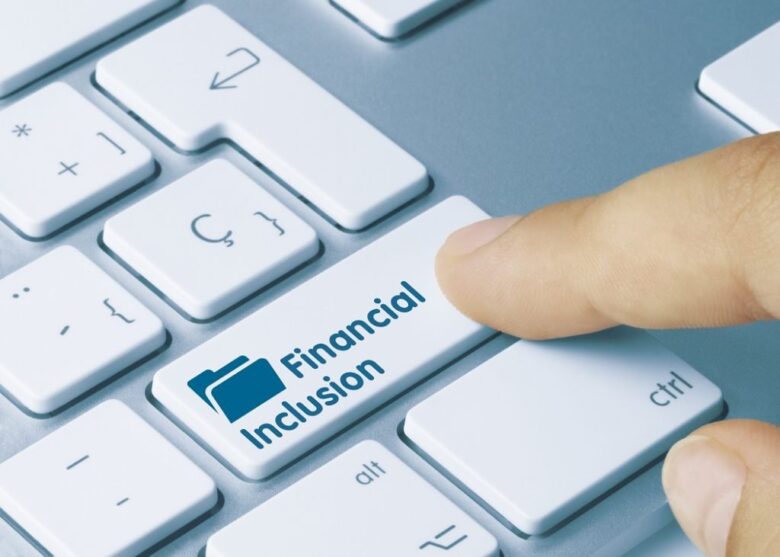This article will walk you through the importance of financial inclusion and its varying connections with the remittance industry worldwide. Let’s begin.
Financial inclusion is defined as people and businesses having easy and viable access to cheap and affordable but quality financial services and products. It is not about having access alone; rather, people and businesses must have access to financial services and products that meet their needs, such as transactions, payments, services, etc. The purpose of financial inclusion will not be served if these facilities aren’t available to either entity.
The first step toward financial inclusion is to have a transaction account in a bank, as through this, you can manage your financial matters.
Let’s now look at some of the areas where financial inclusion helps people.
Meeting necessities

If people of a country are financially included in the monetary system, it will help them with their necessities such as food, shelter, education, and healthcare. As stated above, if people have a bank account, they will be able to make transactions and save money, which otherwise is a complex process. The grip of poverty is so tight that the people only barely manage to put food on their tables after hard struggles at the end of the day.
Financial security
One of the fundamental concerns of people with a bank account is that they feel secure since they are part of the government-regulated machinery. Of course, personal security cannot be more robust than state security. And, this kind of financial security is provided only when you are part of a process that a government runs.
Better living standards

Financial inclusion in any society is a sure recipe to uplift living standards. It is always a two-way connection since the governments regulate people’s financial needs after they get financially included.
Income generation
Another important feature of financial inclusion is that it helps people generate income. Not only does it enable them to do so, but it also helps them manage their irregular incomes. It also allows people to work their way out of poverty and invest in opportunities.
For this reason, financial inclusion is also linked to the overall development of countries. A 2015 study that looked into 6 lakh bank customers in India found out that customers who used banking services were twice as likely to avail themselves of medical care and had 30% fewer children than those who had no access at all.
Since more money means better social standing, financial inclusion helps society as well. It allows all members of the society to participate in meetings and gatherings that they would not be able to attend if they did not have money.
Financial inclusion also allows people access to better facilities like water, gas, roads etc.
A study about how these facilities affect financial inclusion found out that in rural India, lack of financial inclusion was one of the reasons why people did not use public amenities like water and electric purifiers. If people could save money easily due to financial inclusion, they would be able to afford these amenities.
The effect of financial inclusion on people’s purchasing power has also been studied.
Let’s briefly study the link between financial inclusion and the remittance industry.
The two sides

The remittance industry worldwide has two sides. One is formal and regulated, and the other is the unregulated side known primarily as Hawala or Hundi. The first consists of the formal financial sector and is regulated. People have been joining this industry to control their finances better, given the immense convenience it offers.
But, on the other hand, the means of Hawala are used for dubious purposes. And there are cases where people use Hawala transactions for routine transactions, but these people are less compared to what Hawala is famous for nowadays.
Imagine if the people are part of a regulated remittance system. Their transactions will be secured; records will be available; their finances will be better managed. Most importantly, it will benefit their respective governments, which offers a better living environment to the financially included people.
Now, we will look at how financial inclusion enhances remittance flow.
The regulated remittance industry worldwide has a lot on offer in terms of convenience for the expatriates who, for example, want to send money to Bangladesh or elsewhere. Many unscrupulous companies are operating in this industry. Still, a few credible ones, such as ACE Money Transfer (Visit website), offer many options like tight security, speed, extensive access, collection options, etc.
These convenient options have prompted people to get financially included by joining it due to companies’ efficient services, including ACE. This expanding global customer base essentially helps boost the flow of remittances worldwide. As stated earlier, the other parallel and informal remittance industry is shrouded in doubts and is largely avoided by the expatriates who intend to send remittances to their countries of origin.
Key takeaways of financial inclusion

- It helps people save money;
- People work their way out of poverty;
- Their finances are better managed and regulated by the concerned authorities;
- Their chances of getting scammed drop substantially
- Financial inclusion helps countries boost their economies, and a viable economy helps lift people’s living standards.
Now, let’s see which company is the best to send remittances cross-borders
Companies are, of course, aplenty, but the following features, offered by ACE Money Transfer and a handful of others, will help you make an informed decision.
- Secured and faster money transfer
- Reasonable exchange rates;
- Low transaction fee;
- No hidden charges;
- Large presence globally;
- Convenience in terms of initiating a transaction while you are on the go
There are many other features, but the ones listed above are sufficient to help you make your choices wisely.
Conclusion

You have learned the importance of financial inclusion and its role in helping you manage yourself better financially. Therefore, you must join a credible and reputable online money transfer company for sending your remittances anywhere in the world and reap the benefits – listed above, of getting financially included in your country’s formal economy.



